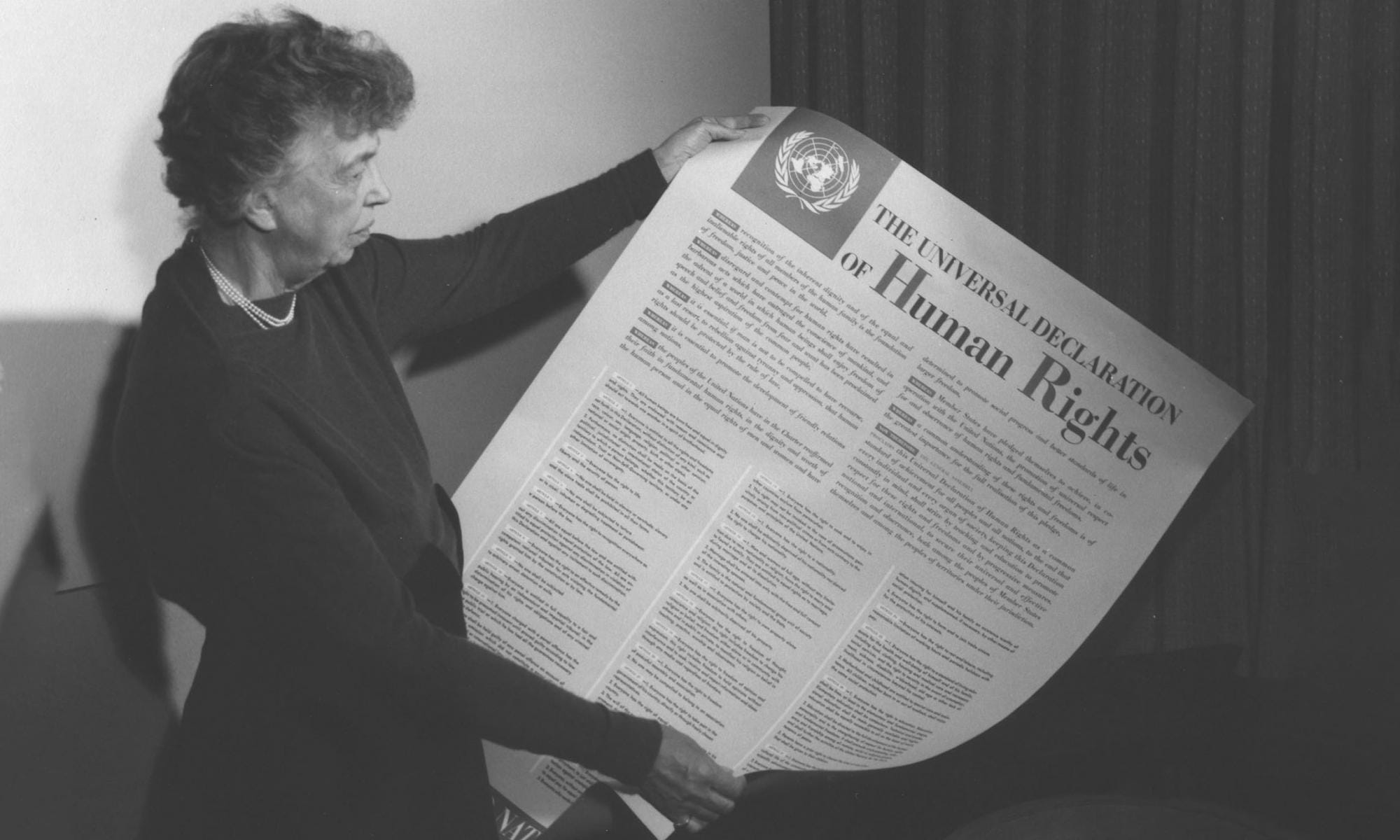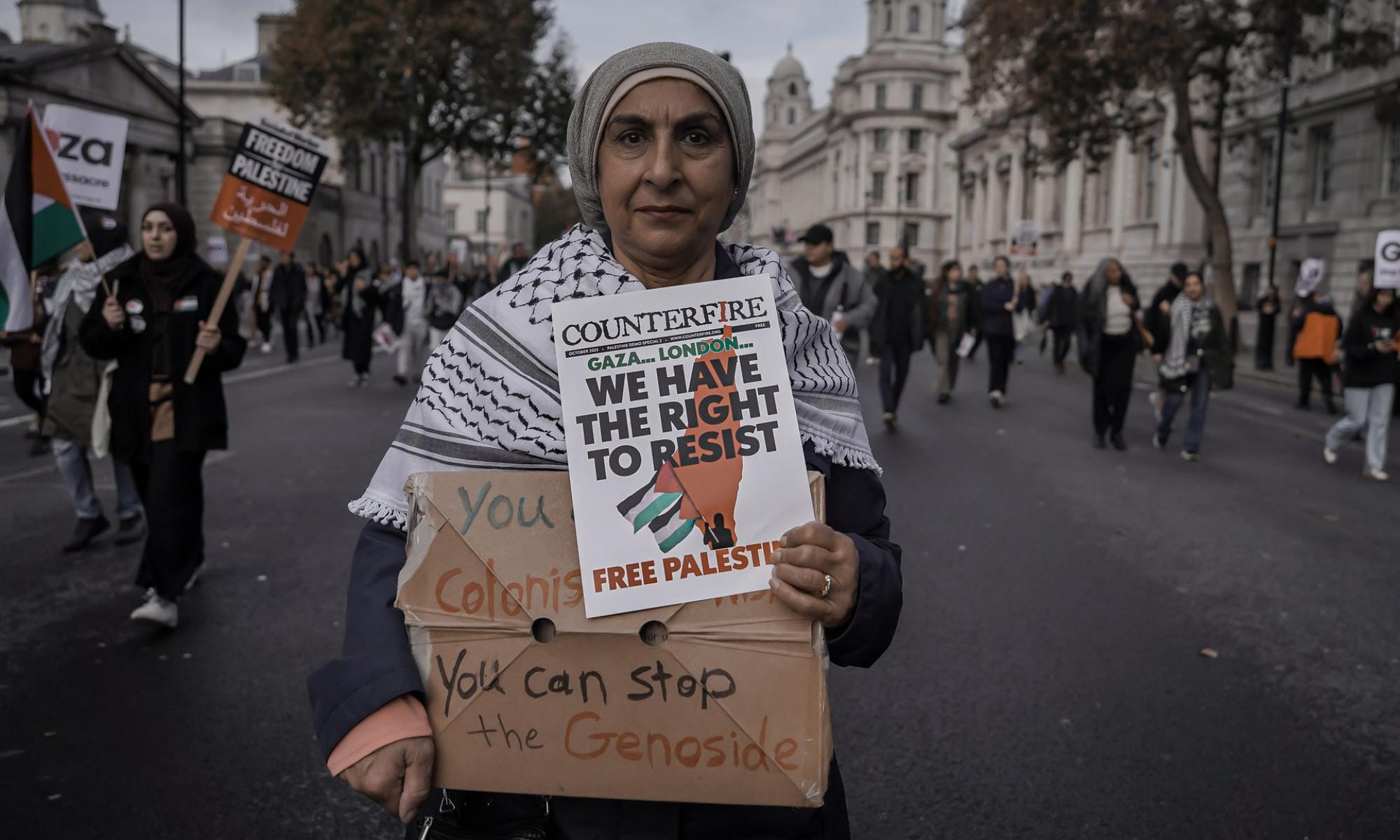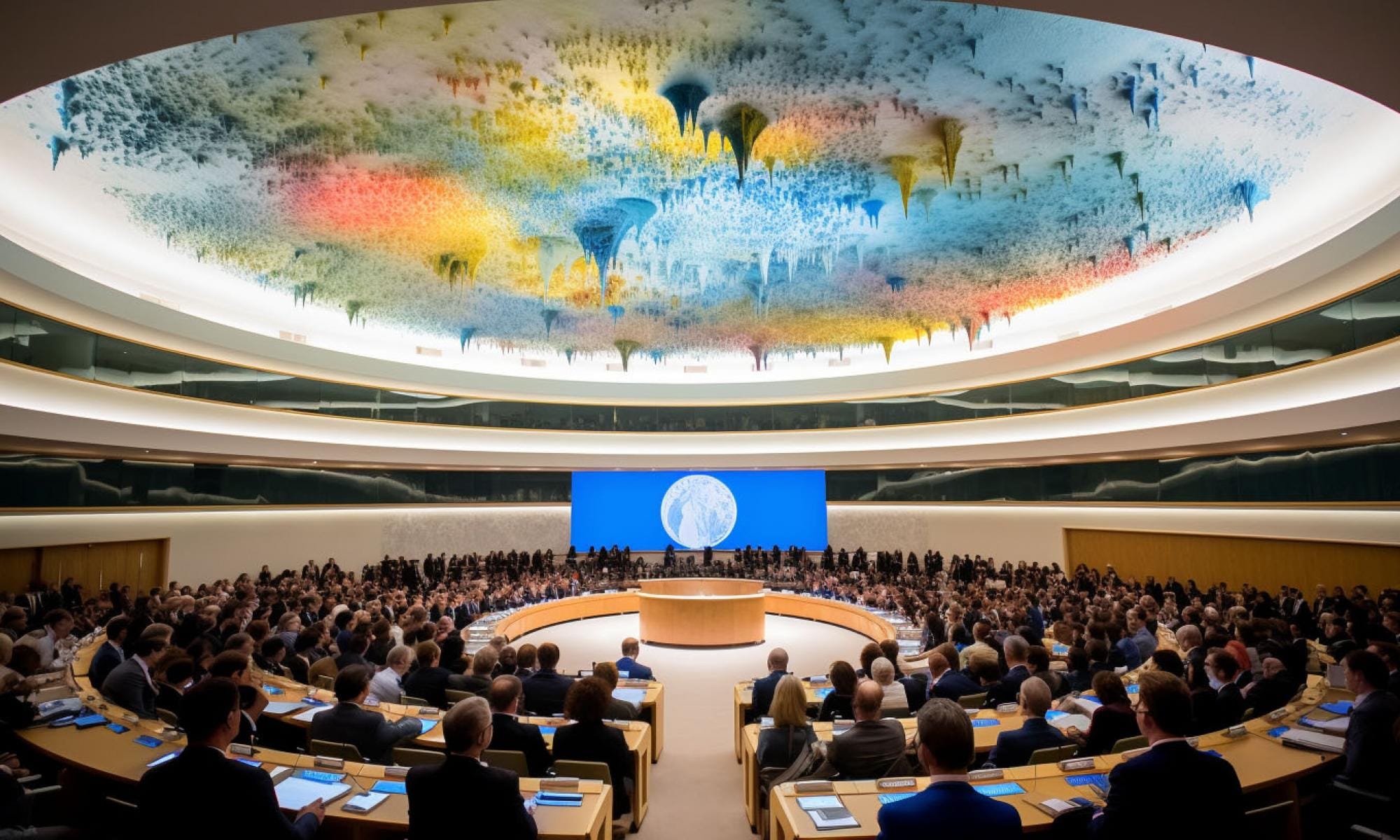Rooted In Rights
An exploration of the philosophical underpinnings and complexities of human rights that challenges assumptions and sparks meaningful conversations, interrogating the evolution, operability and value of human rights.
Explore ThemeAn exploration of the philosophical underpinnings and complexities of human rights that challenges assumptions and sparks meaningful conversations, interrogating the evolution, operability and value of human rights.
Explore Theme








